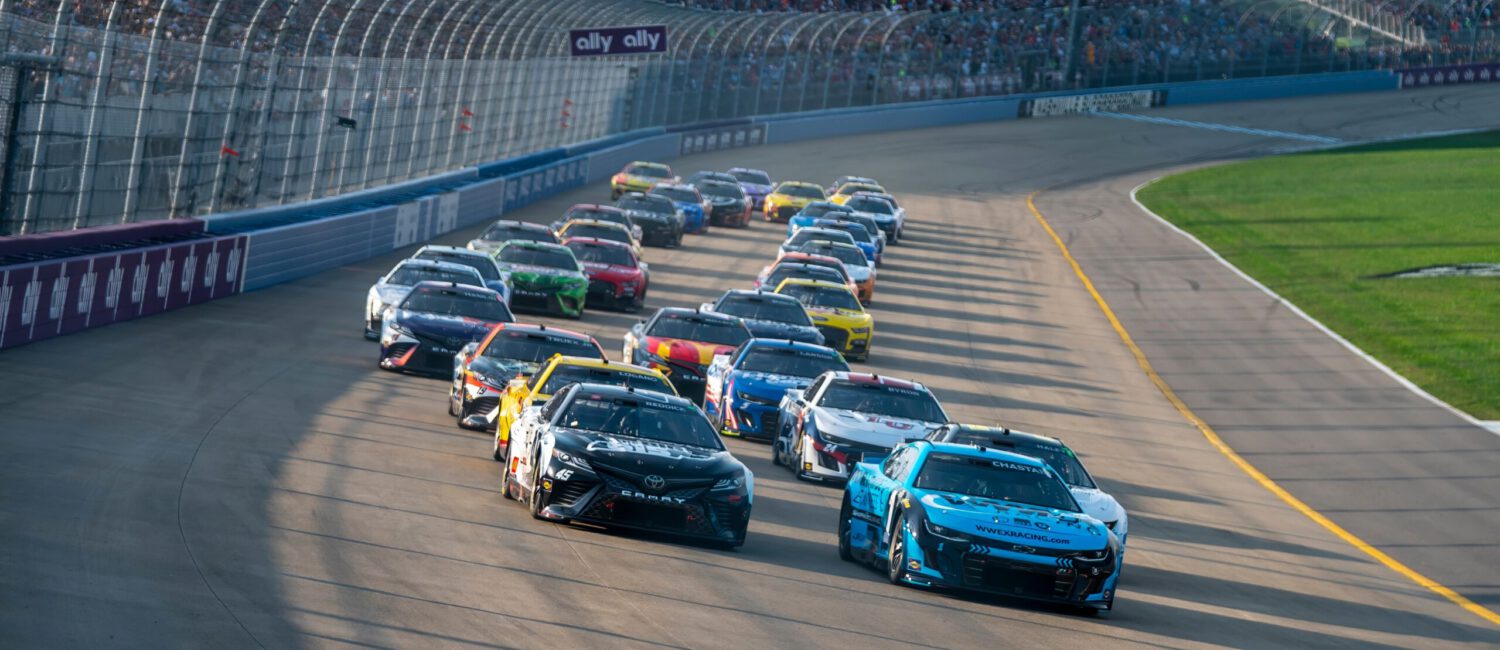
Player FAQs
Player Frequently Asked Questions
Yes. Online, mobile sports wagering with licensed operators is legal in North Carolina. It is illegal to place a wager with an online operator that is not licensed by the state of North Carolina. While Places of Public Accommodation are legal, there are currently no locations in the state.
Players must be at least 21 years old.
Yes. All licensed operators must use geolocation to identify where your online device is located before accepting a wager.
Yes. Players do not have to live in North Carolina to legally place a wager. They just have to be in North Carolina to place a wager.
No. This is known as proxy wagering. It is illegal for any ineligible person to have someone place a wager on their behalf, even with permission from the person placing the wager.
You can place wagers on professional, college, electronic and amateur sports as well as any sport event approved by the Commission. You can see the full list of approved sports by going to the NC Sports Wagering Catalog.
This can happen for a number of different reasons. The most common reason for an account suspension is to protect players. To confirm you are the legitimate owner of your account, an operator may ask for specific identifying information. Contact your operator to confirm the reasons for your account suspension.
An operator may suspend your account when your win appears to create a taxable event. The suspension may be necessary to ensure the operator has all the information it needs to report to the Internal Revenue Service. Remember, there are state and federal tax obligations on gambling winnings. To learn more about those obligations, talk with a tax specialist, the North Carolina Department of Revenue or IRS. Contact your operator to confirm the reason for your account suspension.
All licensed operators are required to participate in and support North Carolina’s voluntary self-exclusion program. Operators can deny access to their platforms if you are a part of the program. They can also deny entry or remove you from a wagering facility.
Your name may be similar to someone who signed up for self-exclusion, causing the operator to flag your account. If you have not signed up for self-exclusion, contact your operator and they may ask questions or require documentation to verify you are eligible to make wagers. You may also be excluded based on programs in other states. Contact your operator to confirm the reason you are signed up for self-exclusion.
The wagers are settled according to an operator’s wager rules and terms and conditions. These are different for each operator. Contact your operator for those rules or terms and conditions.
In some cases, wager settlements can happen after the end of an event when a call in that event is reviewed and changed by a league governing body or a game official. For example, a player in a baseball game could be charged with an error that is reviewed and overturned hours after the game. This could result in a player receiving a hit rather than an error. This one change could affect multiple types of wagers. You should always review an operators’ terms and conditions or rules on the length of time a settlement of a wager can be reversed.
In cases where wager settlements take place after the end of an event resulting in a wagering loss, an account containing insufficient funds to cover the wager could show a negative balance. Review your operator’s rules or terms and conditions for more information.
This can happen for a number of different reasons. The most common reason for an account suspension is to protect players. To confirm you are the legitimate owner of your account, an operator may ask for specific identifying information. Contact your operator to confirm the reasons for your account suspension.
North Carolina State Lottery Commission
2728 Capital Blvd. Suite 144 Raleigh, N.C. 27604
8 a.m. – 5 p.m.
(919) 301-3300 | [email protected]
No Longer Just a Game? There’s Help
Call 877-718-5543
Text “morethanagamenc” to 53342
Chat morethanagamenc.com
Additional Information

